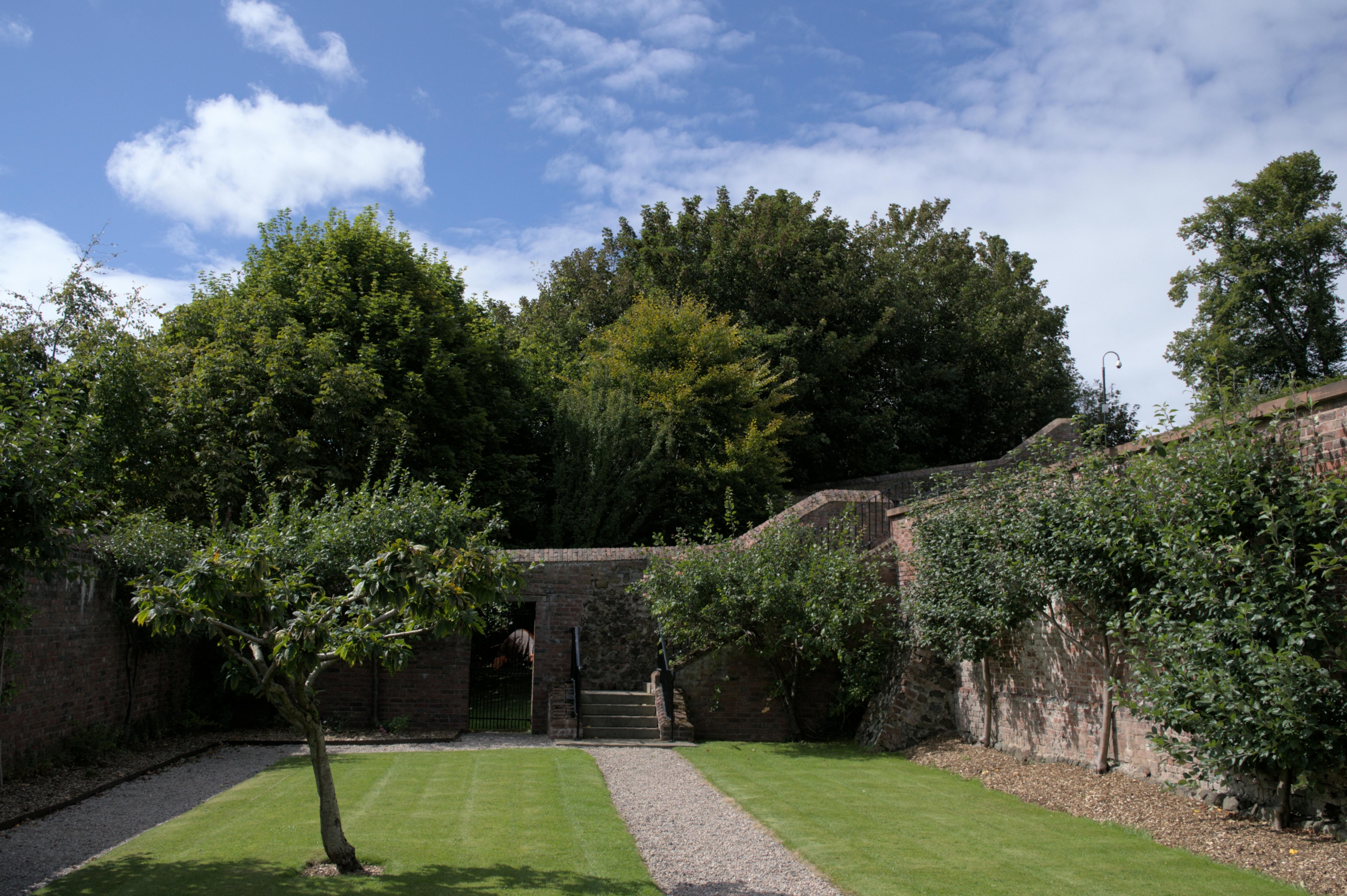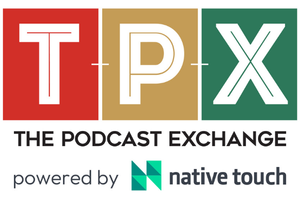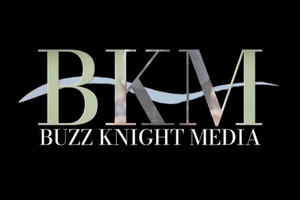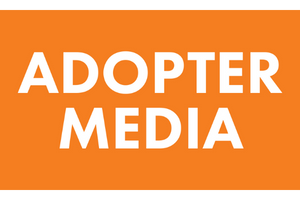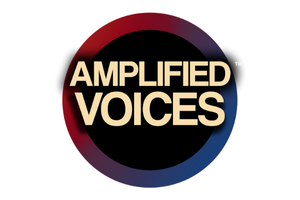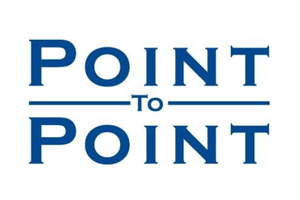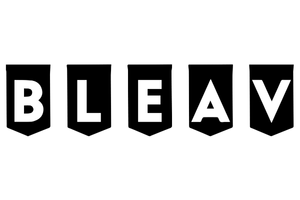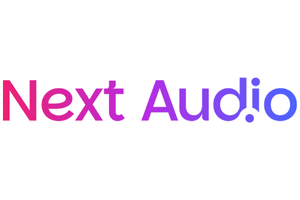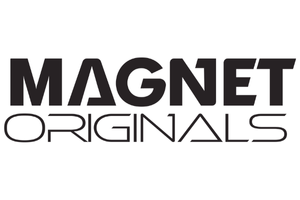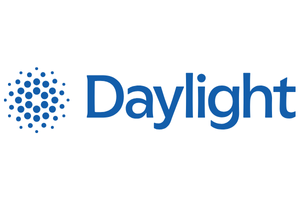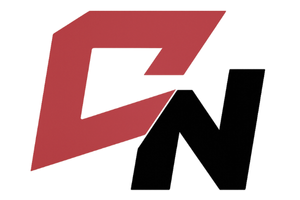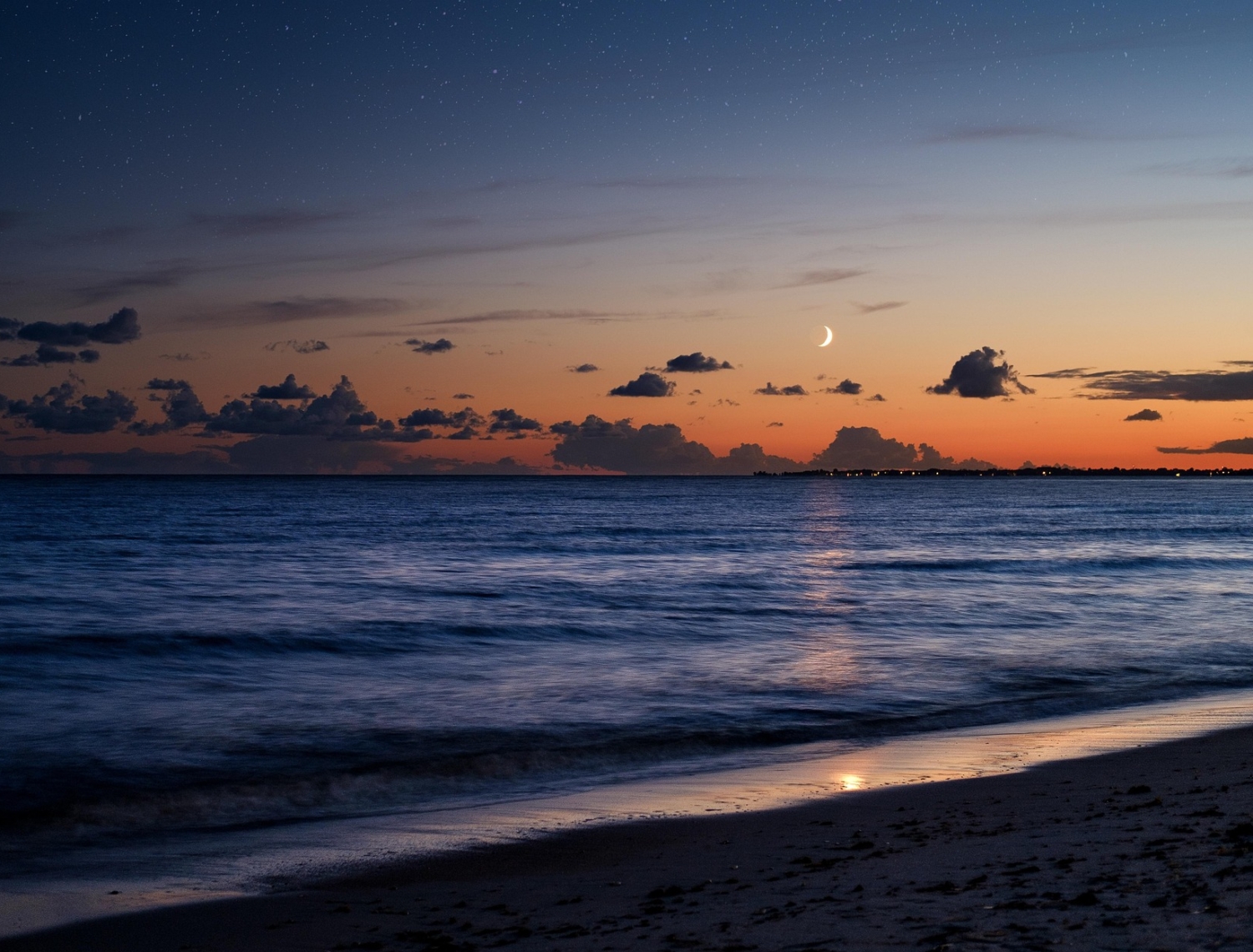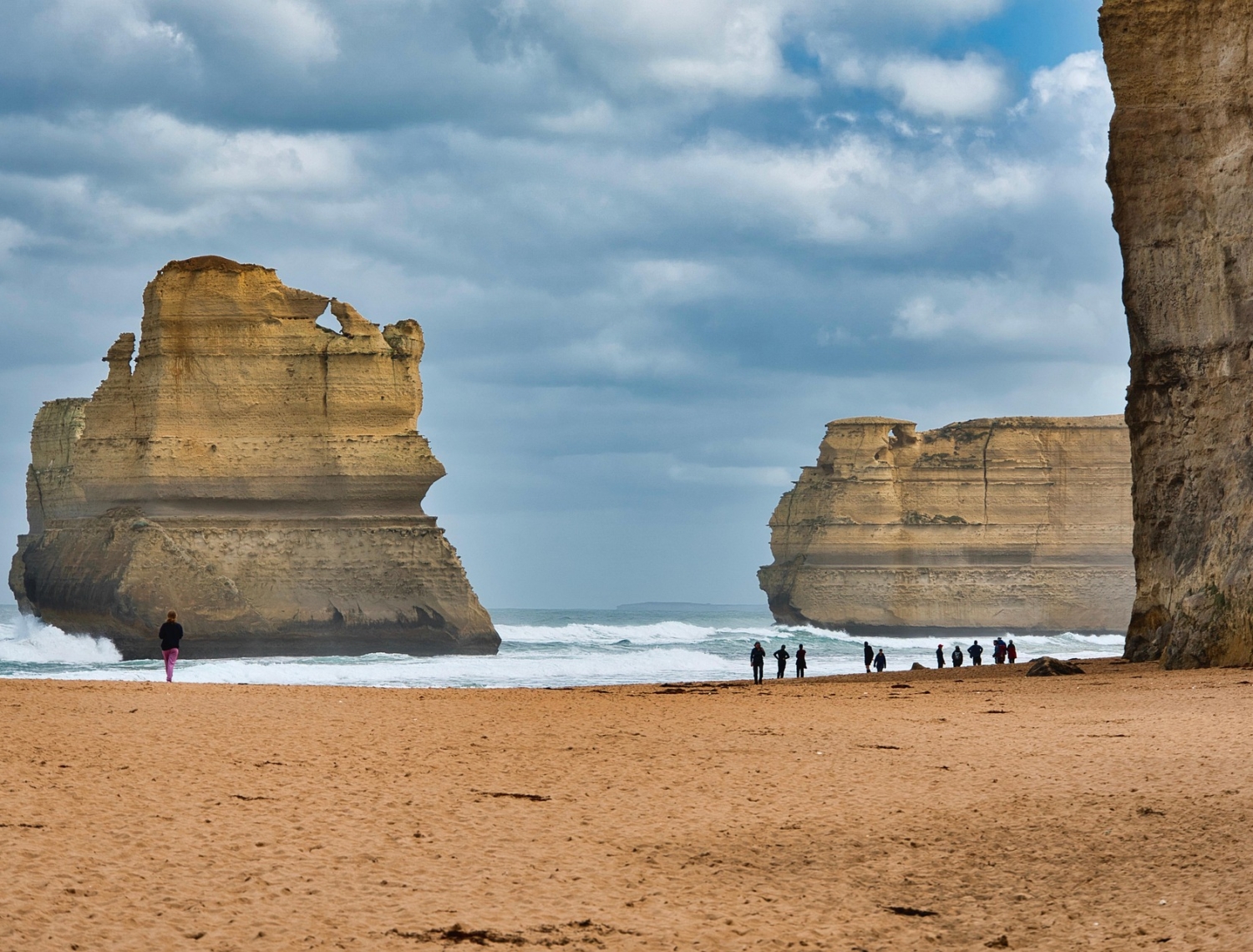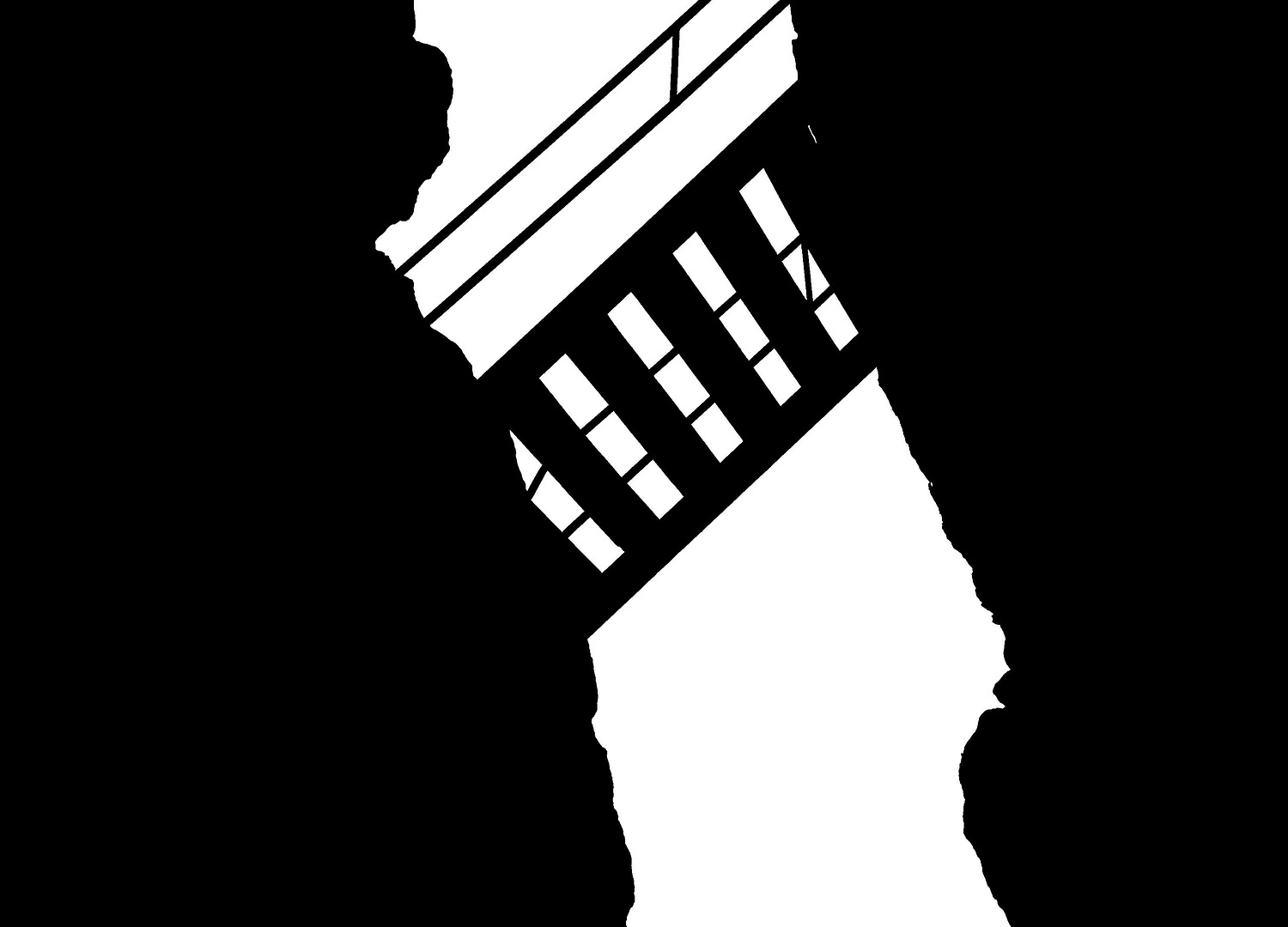Join us for an insightful webinar that’s a must-attend for brands, agencies, and media buyers looking to connect with one of podcasting’s most devoted audiences: true crime fans. The 2024 True Crime Podcast Listener Landscape Report from Libsyn and Sounds Profitable will feature NEW data on the true crime audience from Tom Webster, featuring insights from Moms and Mysteries hosts Mandy and Melissa.
In my book, The Audience is Listening, I have a short section about one of the lost loves of my life – yes, I’m talking about the MiniDisc. The MiniDisc was one of the greatest pieces of personal audio tech ever made. I owned three different Sony Hi-MD players, which used a proprietary compression format called ATRAC instead of .mp3 to fit more music onto a single disc without sacrificing sound quality. There were many simple pleasures of the MiniDisc, but surely one of my favorites was being able to just swap out a battery when the old one was depleted. Those were the days.
I was reminded of my passion for the MiniDisc when I read something Dave Winer, the creator of our beloved RSS, posted on his long-running blog over the weekend:
We’re losing the word “podcast” very quickly. It’s coming to mean video interviews on YouTube mostly. Our only hope is upgrading the open platform in a way that stimulates the imagination of creators, and there’s no time to waste. If you make a podcast client, it’s time to start collaborating with competitors and people who create RSS-based podcasts to take advantage of the open platforms…
I think Dave said something very important here, but it was told to a literal handful of people. I’ll get to that. What initially spurred me to write this was the people who replied to his various social posts about this with some variant of “if it’s not RSS, it’s not a podcast.” Friends, to my ears, this sounded exactly like “If it’s not ATRAC, it’s not a Hi-MD MiniDisc.” I sold my entire MiniDisc collection on eBay for around two grand. Really, there was no future in it.
I’m not saying there is no future in RSS. I am saying that defining podcasting based on a technical spec – ANY technical spec – is a long hiding to nothing. When I sold my MiniDisc collection, there was literally no way I could load music files onto the player from my Apple Silicon Mac Studio. Or if there were, it wasn’t worth the effort. You have a drawer full of micro-USB cables. Throw them out.
The concern, though, is real. Podcasting has evolved from a purely open, RSS-based system into three separate ecosystems: RSS, Spotify, and YouTube. If you are an RSS purist, this is an existential threat. If you are a systems-agnostic creator, it’s a wonderful time to be alive. I think people get hung up on the term “walled garden” as something restrictive. Nothing is stopping you from distributing your podcast anywhere and everywhere, RSS or not. Nothing is exclusive. The notion of Spotify or YouTube being a walled garden sounds like something to get worked up about, but in practice, the walls aren’t that high. But the gardens are vast, and they get a lot of foot traffic.
Sometimes, I will see people who make money on the internet with courses and consulting and such advise people not to build on “rented land.” I doubt any of them would have built whatever they have built without renting some land. Have you seen the new Louis Vuitton flagship store in NYC? It’s glorious. The cafe there is one of the hottest reservations in the city, booking a month out. The interior is a Seussian acid trip of leather and luggage. I mean, look at it:

LVMH, the parent company of Louis Vuitton, is the leading luxury company in the world. The chairman of LVMH, Bernard Arnault, is worth $200 Billion-with-a-B. He can afford to buy land. But he doesn’t own this land. Believe it or not, the Trump Organization does. Louis Vuitton has literally built their global flagship on rented land and land for which they only have a short-term lease, at that. It’s a glorified pop-up.
Why? Because that’s where the people are. Telling people not to build on rented land is tired. Want to keep up with the people? Rent land where they are, and then move when they do. Because they move all the time. LVMH is on the corner of 57th and Madison Ave because that’s where Louis Vuitton is supposed to be, whether they own it or not. Maybe IKEA can build a flagship store in the middle of a landfill in Elizabeth, NJ, but that’s because they are already IKEA. Until you are the IKEA of podcasts, you gotta hustle a bit.
If you are a podcaster, you need to know where the people are, and right now, that’s Spotify and YouTube. My entire career has been in audience development, and I am not doing my job if I don’t tell you that. Regarding YouTube, people have gotten hung up on the video aspect of YouTube as the differentiator, and video has played an enormous role in the recent growth of podcasting. But let’s also consider what the actual audience has told us in two different studies now (Sound You Can See, from last December, and our most recent study on Video’s Rise in Podcasting): YouTube, the app, is better. The audience tells us that it’s easier to find content, easier to use the app, easier to navigate and find content within a show, and easier to engage with creators and fellow fans than other apps they use. It doesn’t matter if your podcast is a single camera shoot of you on a Yeti; it’s easier to find, share, and consume on YouTube. It’s a walled garden with better soil.
This is where I come back to Dave Winer’s comment above and what could easily be overlooked: the part where he calls upon the developers of podcast clients to innovate more. He’s 1000% right! If we want open RSS to survive in some iteration, there have to be more compelling audience-based reasons to use RSS-driven podcast clients. Most of the time that I see people defending RSS by listing its features and benefits, they list the benefits of RSS for the creator. That’s not going to cut it, at least not alone. RSS needs to benefit the consumer in patently obvious ways, which is difficult when most listeners don’t know or care if their music is encoded in .AIFF or .WAV or .mp3 or ATRAC.
Podcast clients are lonely places, teeming with abstract cover art and no sign that anyone else is home. YouTube, on the other hand, gives me pictures of the guests and hosts and lets me engage with other humans (potentially even the creators). Some of that might be video, but some of it is also the experience of the app itself, no? To me, there is no clearer data point to illustrate this than this one, taken from our recent study, Video’s Rise in Podcasting:

Audio Primes, podcast consumers who tell us that more than 75% of their podcast consumption is audio, are telling us very clearly that they aren’t discovering their new favorite shows on audio podcast clients. They are discovering them where the people are: YouTube, Facebook, and Spotify.
To me, this is a cry for help for audio podcast clients.
Finally, I want to state VERY CLEARLY that I am a massive supporter of open podcasting. Don’t get that twisted. This is my 19th year in the space, and I’ve done my share of RSS tinkering, believe me. There is little more powerful (again, for the creator) than being able to set up shop in a second in a podcast client with nothing more than an RSS feed. It’s a kind of magic. But it is very dangerous for us to define podcasting in this way, with a technical spec.
So, how DO we define it? I think the audience knows exactly what a podcast is. When Winer notes that “we are losing the word ‘podcast’ very quickly,” he may be right in the “podcast-as-RSS-delivered-file” sense, but the audience sees something else.
Here’s an example that I credit to my partner, Bryan, for first suggesting: have you ever been to a live recording of a podcast? I’ve been to some. Just a couple of weeks ago, I attended a live recording of the marvelous Weight For It, hosted by Ronald Young, Jr. Here’s a thought experiment: what did I see? What exactly did I witness? Surely, it was a podcast, yes? Yet it wasn’t on-demand, and it wasn’t downloadable, and I ingested no RSS. I had a slice of pizza next door, but otherwise, no code entered my digestive system.
Other than a few of our friends from PRX and WBUR in the audience, the rest of the crowd was not industry insiders. If you were to ask them what they just watched, they would tell you to a person that they just watched a podcast. Obviously, a podcast is something else, and it’s clear to the consumer.
Setting aside audio drama/fiction (which can neatly be described as “audio drama/fiction”), I think the word “podcast” has settled out to mean “talk show” for the average listener, and that is how they differentiate between a podcast on YouTube and a Mr. Beast video. They know. So yes, let’s improve RSS (the Podcasting 2.0 contributors are, of course, doing this), and let’s encourage innovation in podcast clients to create a better showcase for our wares. But never forget that these innovations have to be to the benefit of the consumer, not just the creator, if they are to take hold. Confining podcasting to a technical specification only serves to ensmallify podcasting (I am a Webster; I get to make up words) and creates a false choice.
Plant your podcast in every garden you can, whether you own the land or not. The walls are in our minds.
New Partners
Sounds Profitable exists thanks to the continued support of our amazing partners. Monthly consulting, free tickets to our quarterly events, partner-only webinars, and access to our 1,800+ person slack channel are all benefits of partnering Sounds Profitable.
- OpusClip turns long videos into shorts, and publishes them to all social platforms in one click.
- Crooked Media is a progressive independent media company that delivers bold content to entertain, inform and inspire action.
Want to learn more about partnership? Hit reply or send us an email!

